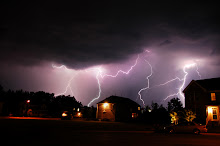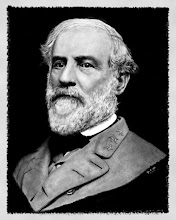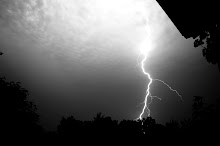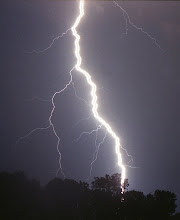For most of human history, parents had the primary responsibility for educating their own children, usually with help from an extended family or members of a small community. Today, governments have assumed much of the task, compelling education, and in some cases compelling attendance only at government-operated schools. Constitutional democracies recognize private schools and homeschooling as legitimate ways to meet the requirements of compulsory education laws, but the record is not always perfect. Moreover, even the most liberal democracies regulate private education. To the extent that they do so, elected representatives and bureaucrats decide how to educate other people’s children. This decision to compel and regulate education has the honorable purpose of producing law-abiding and productive citizens or, in old-fashioned terms, virtuous citizens. When individuals disagree on how to achieve such a goal, however, public efforts to control education can create havoc. This is especially true when a government imposes educational reforms that abandon fundamental and time-tested practices and impose radically innovative and untested ideas.
Patricia M. Lines, "Shackling the Imagination: Education for Virtue in Plato and Rousseau," Humanitas Volume XXII, Nos. 1 and 2, 2009. National Humanities Institute
The Sufficiency of Scripture Conference
15 years ago













+copy.jpg)




No comments:
Post a Comment